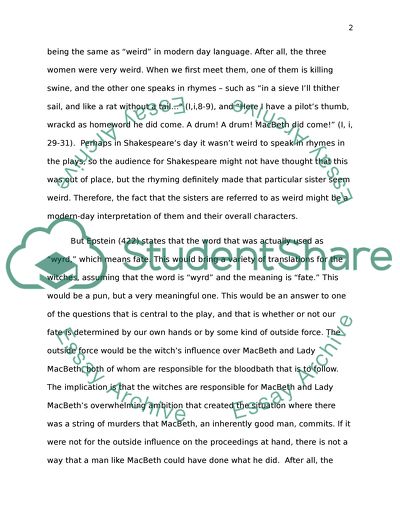Cite this document
(“What do you consider to be the importance of witches in Macbeth Coursework”, n.d.)
Retrieved from https://studentshare.org/english/1487269-what-do-you-consider-to-be-the-importance-of
Retrieved from https://studentshare.org/english/1487269-what-do-you-consider-to-be-the-importance-of
(What Do You Consider to Be the Importance of Witches in Macbeth Coursework)
https://studentshare.org/english/1487269-what-do-you-consider-to-be-the-importance-of.
https://studentshare.org/english/1487269-what-do-you-consider-to-be-the-importance-of.
“What Do You Consider to Be the Importance of Witches in Macbeth Coursework”, n.d. https://studentshare.org/english/1487269-what-do-you-consider-to-be-the-importance-of.


